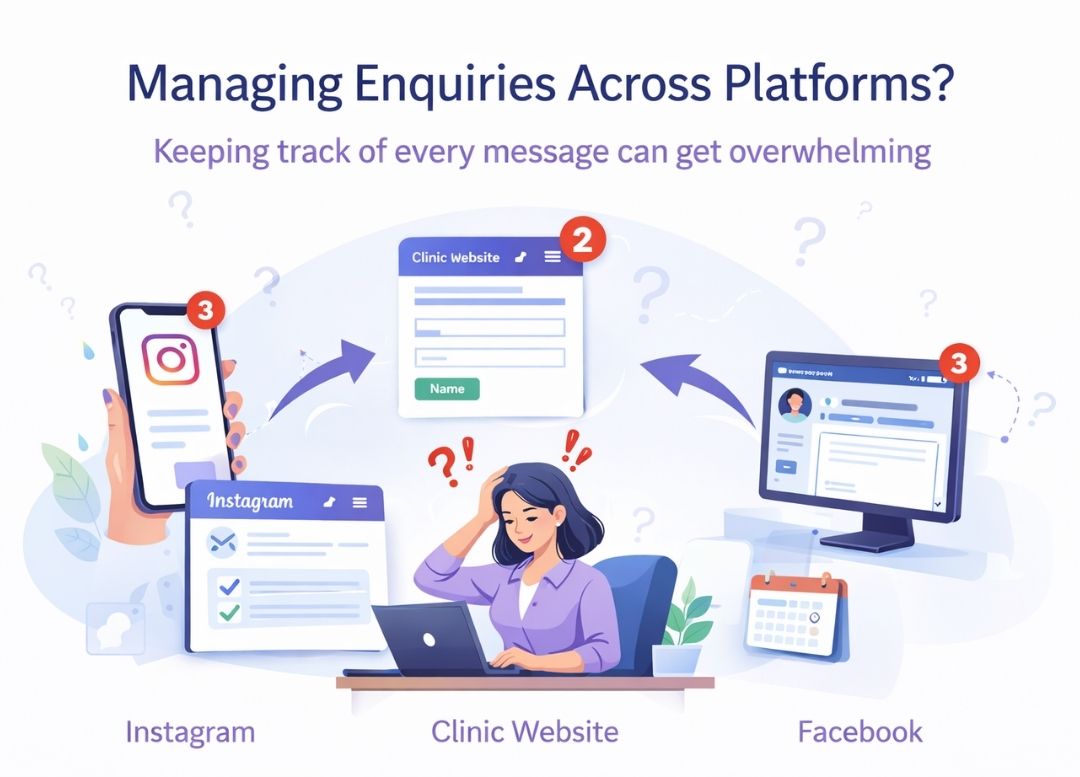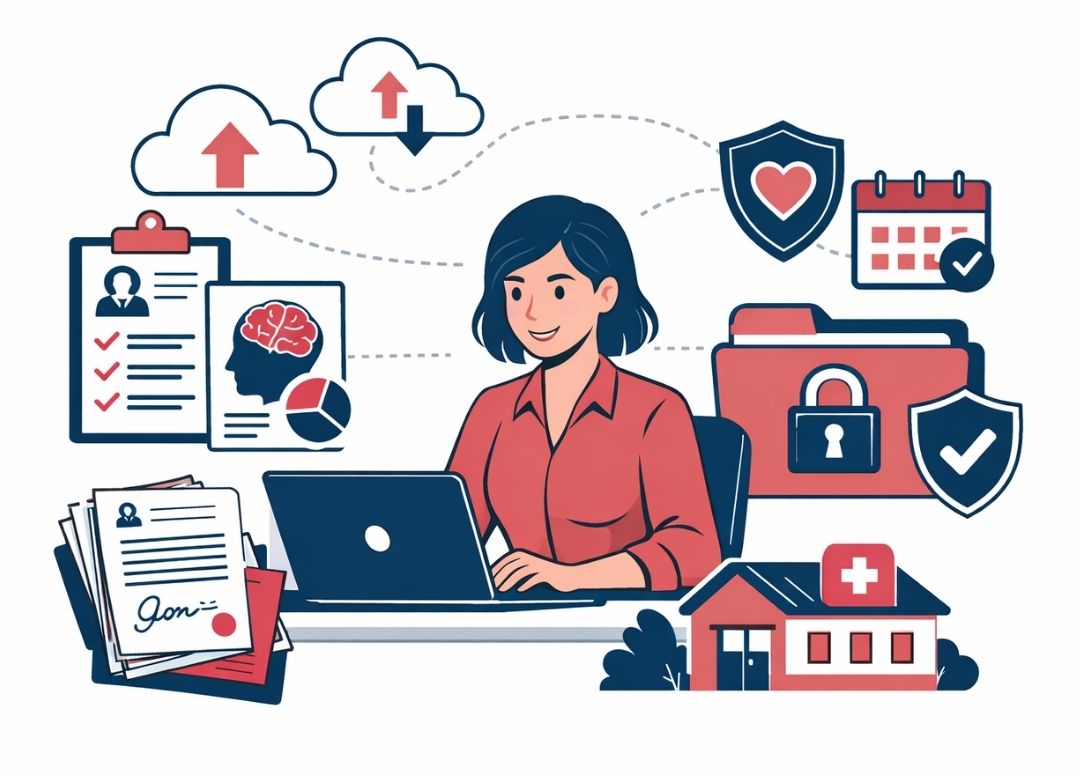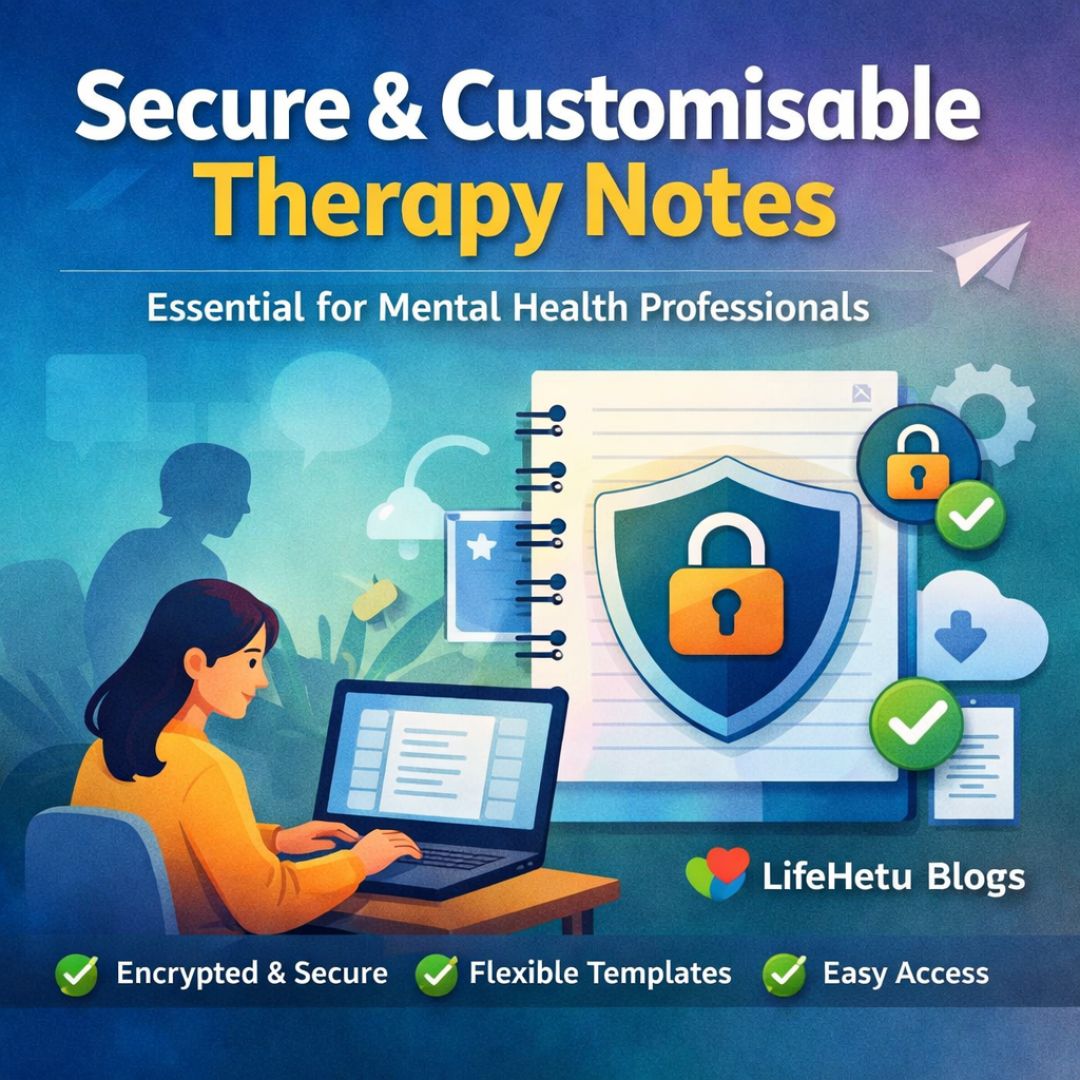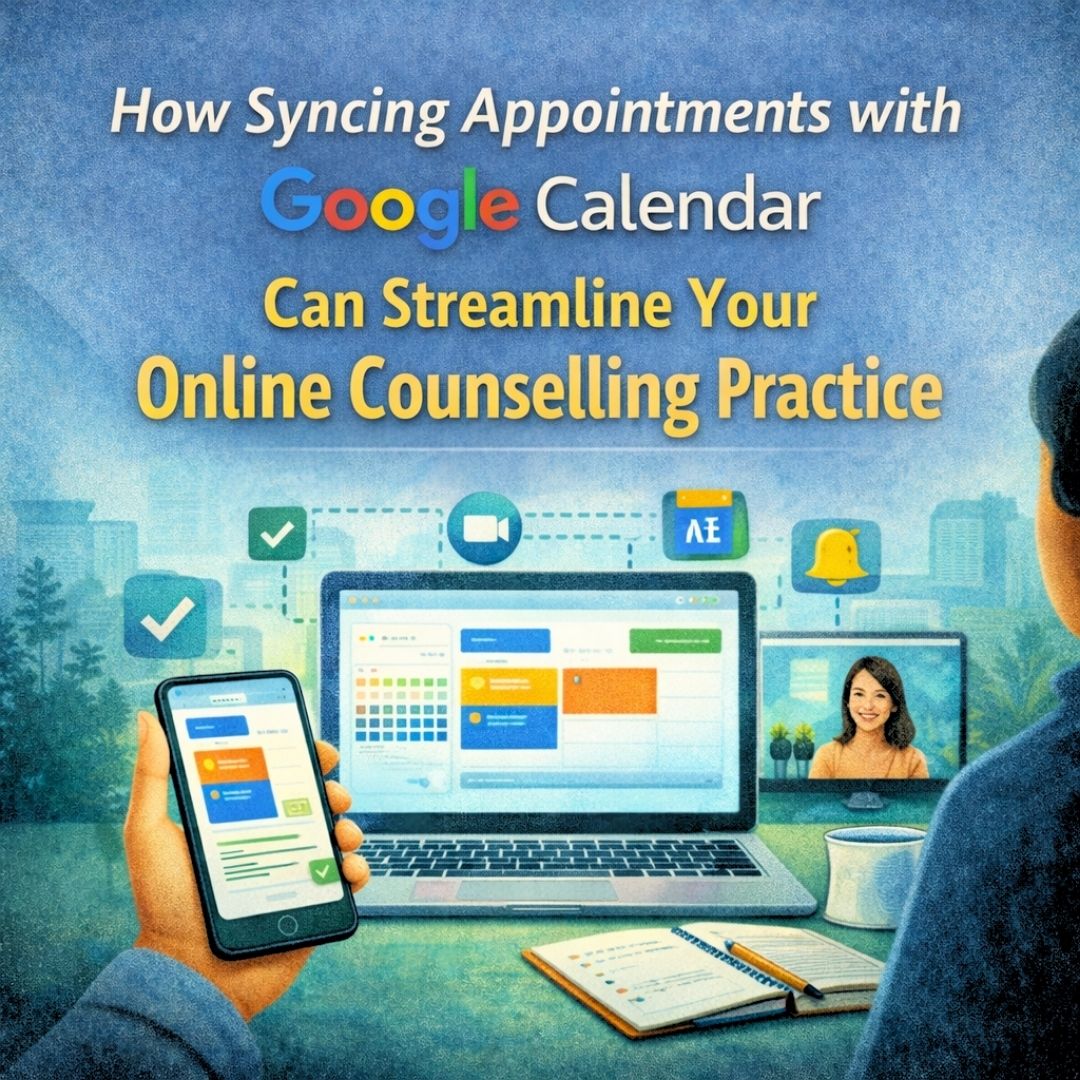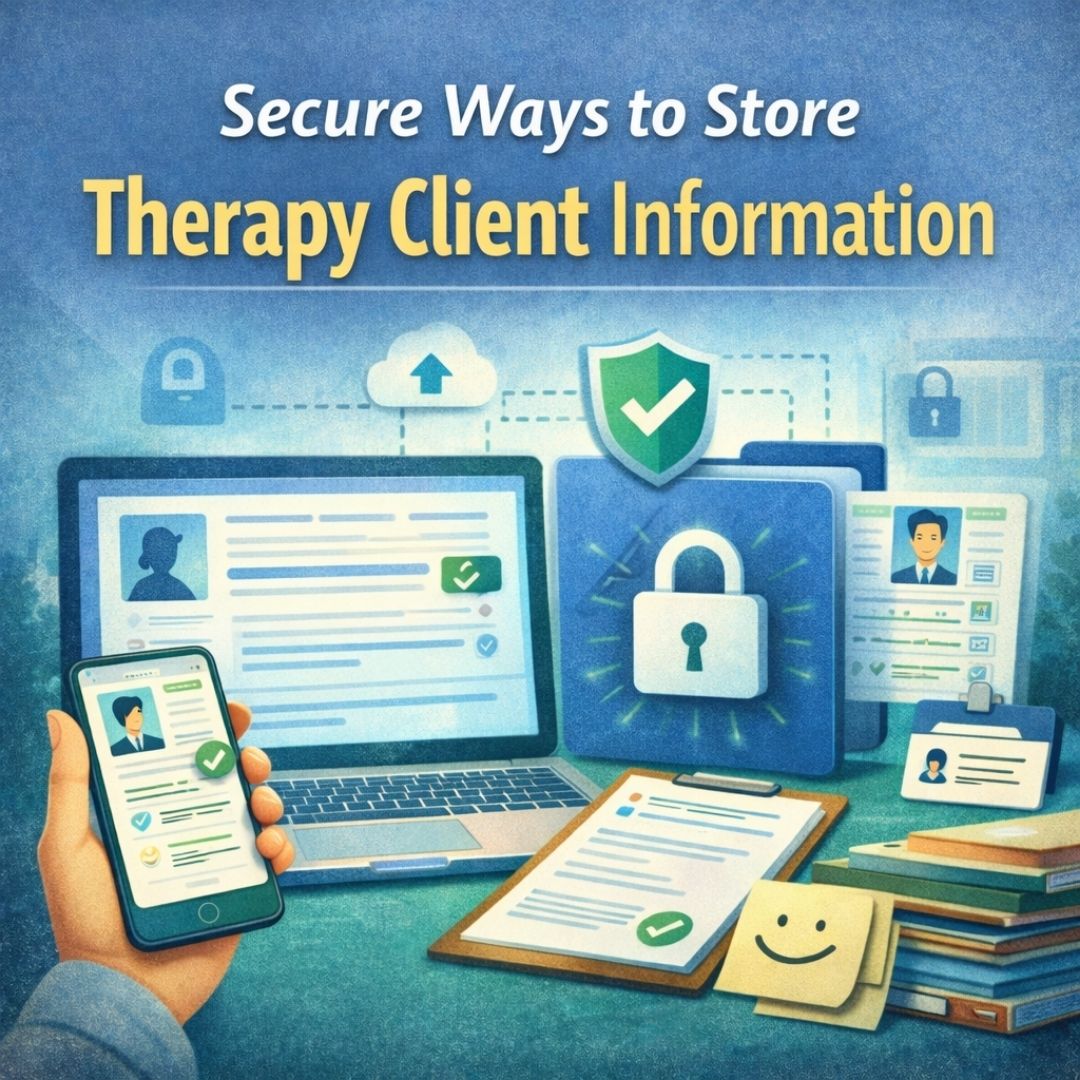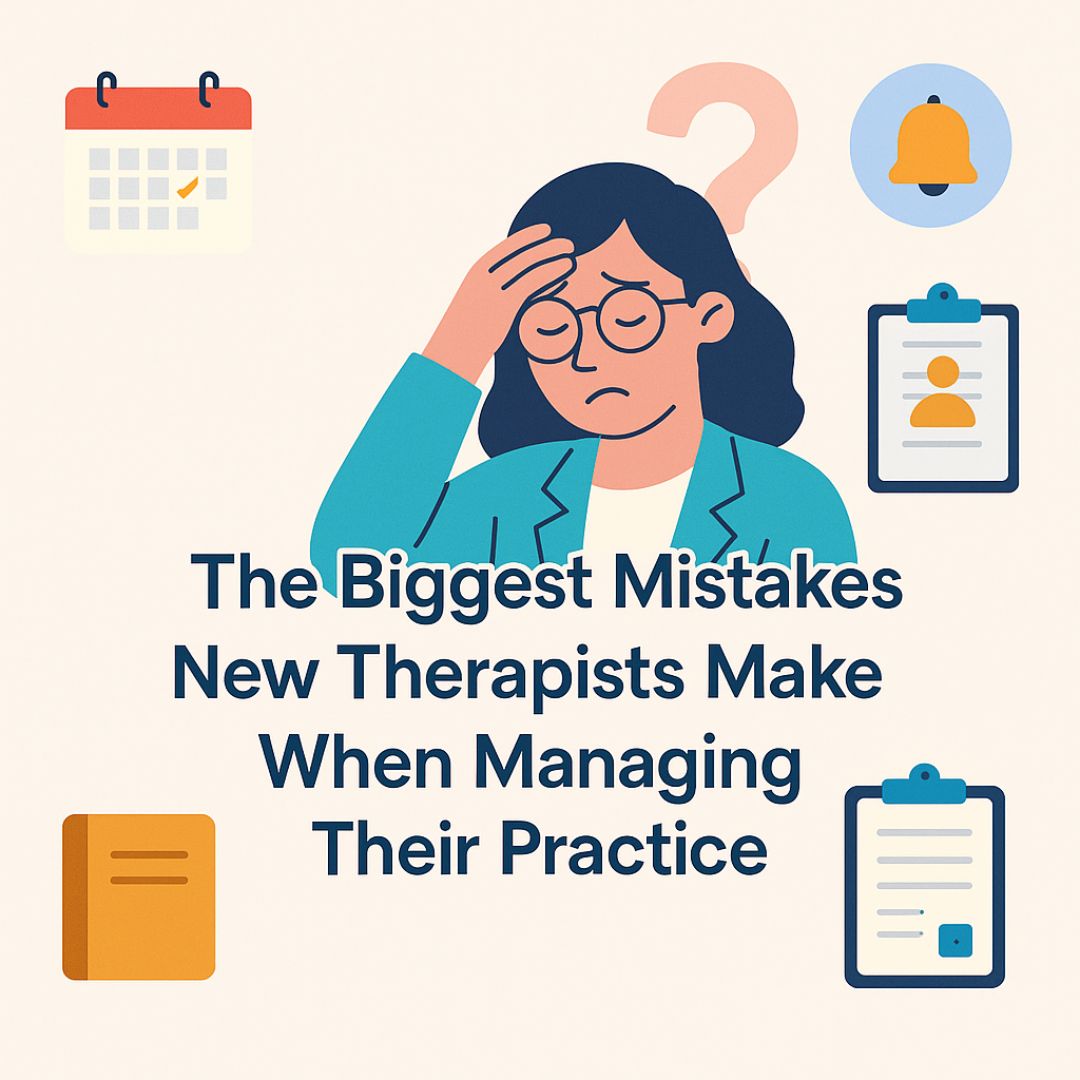How LifeHetu CRM Helps Psychologists Save Hours Every Week
Discover how LifeHetu CRM helps psychologists automate scheduling, notes, payments and client engagement so you save hours each week and reduce burnout.

On this page
Jump to sections
If you’re a psychologist or therapist, you probably know that your day doesn’t end when the last session does. There are follow-ups to send, session notes to update, payments to manage, and progress to track.
And before you realize it, you’ve spent more time managing your practice than actually practicing.
You’re not alone. Many mental health professionals struggle to balance their clinical work with administrative responsibilities. The good news is technology, especially the right kind of technology, can help you reclaim your time.
Let’s understand how you can save several hours every week and still deliver consistent, high-quality care to your clients.
Why do psychologists end up spending so much time on admin work?
For most therapists, admin work slowly creeps into their day without notice. It starts with a small one follow-up email here, a missed appointment there until it becomes a major time drain.
Here are some everyday tasks that take up valuable time:
- Scheduling and rescheduling appointments
- Sending reminders and confirmations
- Writing and organizing client notes
- Managing payments and invoices
- Tracking progress between sessions
While these tasks are essential, they often leave little room for creativity, learning, or self-care. Many psychologists report working late into the night just to stay on top of administrative work.
The irony is these are things technology can now handle seamlessly freeing psychologists to focus on what truly matters: their clients.
How does automation change the way psychologists work?
Think about this: What if your appointments were automatically confirmed, clients got reminders before every session, and progress reports were ready at a click?
That’s the power of automation in modern therapy practice management. It’s not about replacing the human touch; it’s about eliminating repetitive, time-consuming tasks that don’t require it.
Automation helps psychologists by:
- Reducing no-shows: Automated reminders make clients more accountable for showing up.
- Saving admin hours: Instead of manually entering data, your system updates everything in real-time.
- Creating better follow-up routines: You can schedule check-ins or messages between sessions automatically.
- Keeping records organized: Client notes, session history, and reports are stored securely in one place.
The result is you’re not working harder, you're working smarter.
What does a time-efficient therapy practice look like?
Imagine finishing your last session of the day, closing your laptop, and actually having the evening to yourself without worrying about missed reminders or scattered notes.
A time-efficient therapy practice usually has:
- Streamlined appointment scheduling – Clients book based on your real-time availability, minimizing coordination.
- Integrated payment systems – You no longer have to chase payments or maintain manual logs.
- Client management tools – All client data, notes, and care plans are organized in one place.
- Progress tracking and insights – You can see how your clients are evolving over time, supported by data.
This is what digital transformation looks like in mental healthcare. It’s not about using “more tools,” but about using the right one that fits naturally into your daily workflow.
How can psychologists keep clients engaged between sessions?
Therapy isn’t limited to the one hour you spend with your client. Real progress happens between sessions in reflection, journaling, and practice.
But keeping clients engaged between sessions is often challenging. Psychologists may send activities or exercises over email or WhatsApp, but tracking responses becomes a hassle.
That’s where structured engagement systems come in. Tools that allow you to:
- Assign customized therapy activities or homework
- Track whether clients completed them
- Review their responses before the next session
This not only saves time but also helps clients feel more supported and connected. The practice becomes collaborative, not transactional.
When psychologists use technology to enhance engagement, clients stay consistent, dropout rates decrease, and therapy outcomes improve.
Why is secure note-taking so important for psychologists?
Writing client notes isn’t just about documentation, it's a therapeutic responsibility. Your reflections, session observations, and progress tracking are vital to understanding your client’s journey.
But when notes are scattered across notebooks, drives, or apps, it becomes both time-consuming and risky. That’s why secure, digital note-taking has become essential in modern practice.
With a mental health CRM or therapy management tool, psychologists can:
- Take private notes instantly during or after a session
- Access them securely from anywhere
- Customize templates for different types of sessions
- Keep data encrypted and accessible only to authorized users
This simple shift can save hours every week, while maintaining confidentiality and structure.
What can psychologists learn from data and analytics?
Data isn’t just for big corporations — it’s for therapists too.
When you track client progress digitally, you can actually visualize improvements, identify patterns, and measure growth. For instance, you might notice that a client’s check-in frequency drops after week six, or that group sessions improve adherence for certain profiles.
Having access to such insights helps you:
- Refine your therapeutic approach
- Set measurable goals for clients
- Make evidence-based decisions
- Build better treatment plans
A data-informed practice isn’t about numbers; it’s about seeing the bigger picture of each client’s journey, something that becomes almost effortless when systems work together intelligently.
How can technology help reduce burnout among psychologists?
Burnout among mental health professionals is real and it often stems from the pressure of doing too much for too long.
When you automate your workflow, digitize your records, and centralize your data, you create space both mentally and physically. You no longer have to remember every follow-up or track every payment manually.
That mental space directly translates into reduced stress and a better work-life balance. You can focus on therapy, supervision, and personal growth instead of constant multitasking.
And when psychologists thrive, clients benefit too.
The smarter way to manage your time
The modern psychologist doesn’t just need compassion and skill they need systems that support their work. The right CRM for psychologists can be a quiet game-changer, helping you save hours every week while keeping your practice organized, secure, and client-focused.
When you let technology handle the repetitive parts of your job, you free yourself to focus on the deeply human parts of therapy, connection, empathy, and healing.
If you’re ready to reclaim your time, explore mental health CRM tools like LifeHetu, built specifically to simplify your practice while helping you grow.
FAQs about LifeHetu CRM for Psychologists
1. What is LifeHetu CRM and who is it for?
LifeHetu CRM is a practice and client management platform built specifically for psychologists, therapists, counsellors, and mental health clinics. It helps you manage appointments, client records, payments, care plans, events, and courses from one place so you spend less time on admin and more time with clients.
2. How does LifeHetu CRM help psychologists save hours every week?
LifeHetu CRM reduces manual work by streamlining appointment scheduling, automating reminders, organising client notes, tracking payments, and centralising progress data. Instead of juggling multiple apps, you log in to a single dashboard where key tasks are already handled or ready in a few clicks.
3. Can LifeHetu CRM automate appointment reminders and follow-ups?
Yes. LifeHetu CRM can be configured to send automated reminders and follow-up messages before and after sessions. This reduces no-shows, keeps clients accountable, and saves you from manually drafting and sending the same messages repeatedly.
4. Is LifeHetu CRM secure enough for therapy notes and mental health records?
LifeHetu is designed with confidentiality and privacy in mind. Client data and notes are stored securely with controlled access. We use industry-standard security practices such as encryption and strong authentication so that sensitive information remains protected. For specific compliance needs in your country, you can reach out to our team for details.
5. Can I use LifeHetu CRM with my existing website or domain?
Yes. LifeHetu can power your existing website or a new one under your own domain name. You can accept appointments and payments through your site, while LifeHetu CRM manages the backend—client records, schedules, and care plans—so everything stays in sync.
6. Does LifeHetu CRM work for both solo psychologists and group practices?
Absolutely. Solo practitioners can use LifeHetu CRM to simplify their day-to-day workflow, while clinics and group practices can manage multiple practitioners, calendars, and services from the same platform.
7. How does LifeHetu CRM keep clients engaged between sessions?
LifeHetu supports structured engagement by letting you share activities, care plans, and resources, and by tracking how clients respond over time. This helps clients stay connected to the therapeutic process between sessions and gives you better insight into their progress.
8. How can I get started with LifeHetu CRM?
You can get started by visiting the LifeHetu website, booking a demo, or contacting our team. We’ll help you set up your website or landing page, configure your services, and customise your workflows so you can start saving time quickly.
On this page
Jump to sections
Related Reads. Similar Blogs to Check Out.
